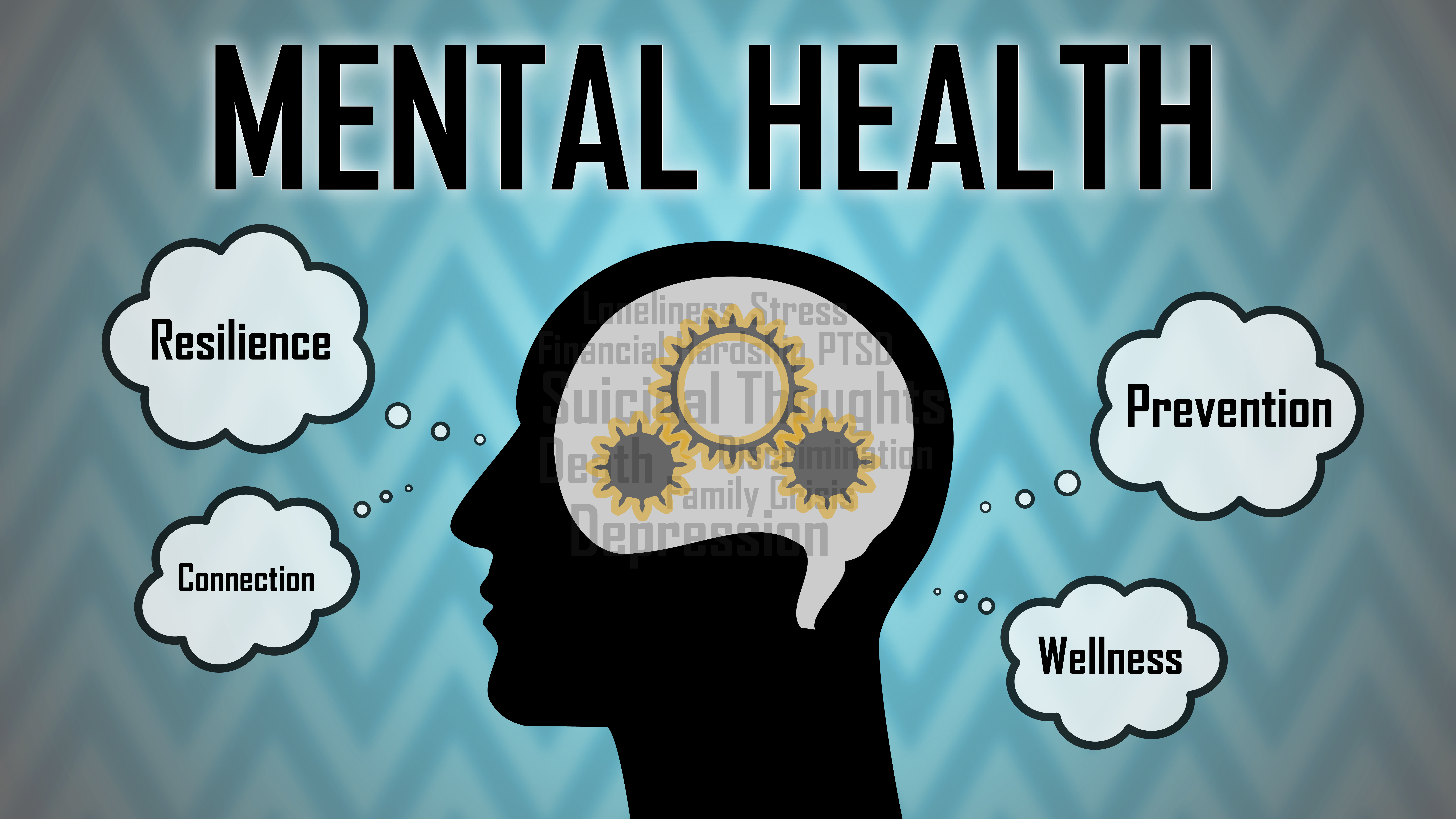Discovering the Connection In Between Nutrition and Mental Health Improvement
In the realm of mental wellness, the influence of nourishment is a subject of expanding interest and research study. The detailed interaction between what we eat and how we feel prolongs much past mere physical wellness. The ramifications of our nutritional choices on psychological health have been increasingly acknowledged by health specialists and scientists alike. As we browse the complicated landscape of modern way of lives, uncovering the nuanced partnership in between nourishment and mental health and wellness improvement may hold the trick to unlocking a deeper understanding of our psychological and cognitive durability.
Impact of Food on Mood
The connection in between nutritional choices and mood law is a vital aspect of understanding the influence of food on psychological wellness. Research study has actually shown that certain foods can influence neurotransmitter activity, influencing mood and moods. Foods rich in omega-3 fatty acids, such as fatty fish, walnuts, and flaxseeds, have actually been linked to reduced prices of clinical depression and boosted mood policy.
Furthermore, complicated carbohydrates found in entire grains, fruits, and veggies can assist control blood glucose levels, which in turn can have a favorable influence on mood security. On the other hand, diets high in refined foods, sugar, and hydrogenated fats have actually been connected with an increased risk of anxiety and state of mind conditions.
Furthermore, the gut-brain link plays a significant role in state of mind guideline. The digestive tract microbiome, affected by the foods we consume, can interact with the mind via the gut-brain axis, affecting state of mind, stress and anxiety levels, and general psychological well-being. Making healthy and mindful nutritional options is essential for maintaining a healthy and balanced and balanced state of mind.

Crucial Nutrients for Stress And Anxiety

Additionally, the amino acid tryptophan, located in foods like turkey, eggs, and nuts, is a forerunner to serotonin manufacturing, a neurotransmitter known for its duty in promoting sensations of peace and health. Vitamin B complicated, specifically B6 and B12, are likewise vital for maintaining a healthy and balanced nerve system and may help in reducing stress and anxiety signs and symptoms.
Incorporating these necessary nutrients into a well-balanced diet plan can have a positive effect on managing stress and anxiety and boosting overall psychological wellness.
Dietary Strategies for Anxiety

One dietary technique for managing clinical depression is concentrating on foods rich in omega-3 fats, such as fatty fish, flaxseeds, and walnuts. Omega-3 fats have been connected to reducing swelling company website in the mind and boosting natural chemical feature, which can positively impact state of mind. Furthermore, boosting the consumption of fruits, veggies, entire grains, and lean healthy proteins while minimizing the consumption of processed sugars and foods may help in easing depressive signs.
Moreover, maintaining adequate levels of vitamin D, either through sunlight exposure or supplementation, is important for sustaining mental health and wellness. Vitamin D deficiency has been linked with a raised threat of anxiety, making it critical to ensure adequate consumption of this nutrient. By incorporating these nutritional strategies, people might efficiently enhance traditional treatments for clinical depression and improve their general health.
Gut-Brain Axis and Mental Health
Concentrating on the detailed connection between the stomach system and mental health and wellness, the Gut-Brain Axis plays a pivotal function in affecting cognitive features and emotional wellness. The Gut-Brain Axis is a bidirectional interaction network between the central nerve system and the enteric nerves, linking the psychological and cognitive centers of the brain with outer digestive tract features. This axis is controlled by an elaborate interaction of neural, immune, endocrine, and metabolic pathways.
Study recommends that the composition of intestine microbiota, the diverse community of bacteria residing in the gastrointestinal tract, can have a profound influence on psychological health. Discrepancies in digestive tract microbiota, recognized as dysbiosis, have been related to conditions such as clinical depression, anxiousness, and also neurodegenerative diseases. Moreover, the gut microbiota plays a critical duty in the manufacturing of neurotransmitters like serotonin, which is important for controling mood and emotional actions.
Maintaining a healthy and balanced digestive tract microbiota with a balanced diet regimen rich in fiber, fermented foods, and probiotics is crucial for sustaining mental health and wellness (Mental Health Services). Methods aimed at maximizing the Gut-Brain Axis use promising methods for improving psychological wellness and cognitive feature
Nourishment's Role in Cognitive Feature
Provided the substantial impact of the Gut-Brain Axis on psychological health, recognizing exactly how nourishment effects cognitive feature ends up being paramount in advertising general well-being. Nourishment plays a critical function in cognitive function by giving vital nutrients that sustain brain wellness and optimal efficiency.
Trick nutrients such as omega-3 fatty acids, minerals, vitamins, and antioxidants are known to improve cognitive abilities, including memory, emphasis, and analytic skills. Omega-3 fatty acids, discovered in fatty fish like salmon and nuts, have actually been connected to enhanced memory and that site cognitive feature. Anti-oxidants, abundant in fruits and veggies, help protect mind cells from damages triggered by cost-free radicals, therefore maintaining cognitive function.
Furthermore, a well balanced diet regimen rich in whole grains, lean healthy proteins, fruits, and vegetables can positively affect cognitive feature by maintaining blood sugar level degrees and supplying sustained energy to the brain. Conversely, diets high in processed foods, saturated fats, and sugars have been related to cognitive decline and impaired brain function. Making notified dietary choices is vital for keeping optimal cognitive feature and overall psychological wellness.
Final Thought
In conclusion, the connection between nourishment and mental wellness is complex and multifaceted. Understanding the link between nourishment and psychological health renovation click now is vital for promoting general health and attending to psychological health and wellness problems.
The implications of our dietary selections on mental health have been progressively acknowledged by health and wellness professionals and researchers alike. As we browse the complex landscape of contemporary way of lives, uncovering the nuanced connection in between nutrition and mental health and wellness improvement might hold the key to unlocking a much deeper understanding of our cognitive and emotional strength.
Building upon the necessary nutrients that support psychological wellness, specifically in handling stress and anxiety problems, the focus currently shifts towards examining dietary methods for resolving depression.Focusing on the detailed link in between the gastrointestinal system and mental wellness, the Gut-Brain Axis plays a crucial duty in influencing cognitive functions and emotional well-being (Mental Health Services). Comprehending the connection between nutrition and psychological wellness renovation is important for promoting overall health and addressing mental health issues